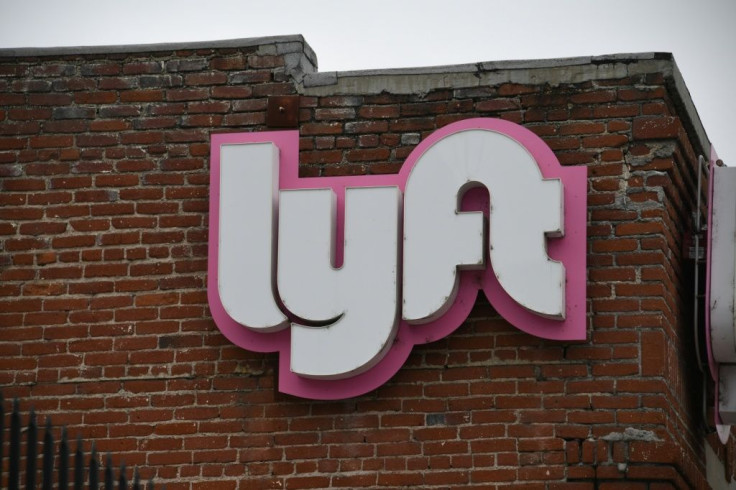Biden Administration Blocks Trump Rule On Gig Workers
The US Labor Department on Wednesday blocked a rule handed down under former president Donald Trump that would have prevented gig workers from demanding a minimum wage or overtime.
The rule, finalized in early January just before Trump left office and was replaced as president by Joe Biden, would have made it easier to classify drivers for ride-hailing services like Uber and Lyft, or delivery workers for companies like DoorDash, as independent contractors, rather than employees.
"By withdrawing the Independent Contractor Rule, we will help preserve essential worker rights and stop the erosion of worker protections," Labor Secretary Marty Walsh said in a statement.
The Labor Department said the rule, which is withdrawn as of Thursday, was "in tension" with the Fair Labor Standards Act (FLAA) that mandates a minimum wage of $7.25 an hour for workers and also allows access to other benefits such as unemployment insurance and workers compensation.
During the mass layoffs caused by the Covid-19 pandemic, the government launched a special program to provide jobless benefits to gig workers, since they are not eligible for regular state unemployment payments.

Misclassifying workers would cause them to "lose important wage and related protections," Walsh said.
"We remain committed to ensuring that employees are recognized clearly and correctly when they are, in fact, employees."
Rideshare companies Uber and Lyft strongly opposed the move, saying it would undermine their business model.
The two companies have never reported a net profit since going public.
They have maintained that, according to their surveys, their drivers prefer to be independent contractors, due to the financial benefits and flexible working hours.
Last November, Uber, Lyft, DoorDash and other app-based, on-demand services won a battle at the ballot box in California when voters passed a referendum known as Proposition 22, which effectively overturned a state law requiring them to reclassify their workers and provide employee benefits.
© Copyright AFP 2024. All rights reserved.





















